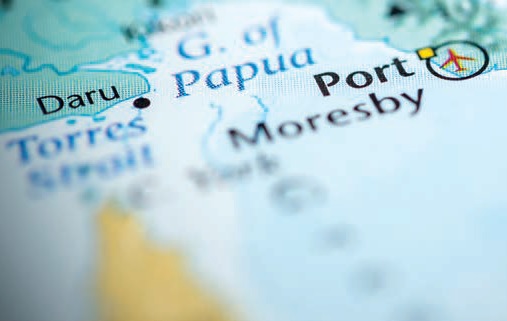
Papua New Guinea (PNG) is an enigma for most companies wishing to set-up and function safely and securely in the country. Anecdotal evidence is rife, as are the newspaper reports, on all aspects of the impact of crime in PNG. Reports related to urban crime point to the underlying reasons including high levels of poverty, healthcare, education and lack of basic infrastructure. The primary factor is considered to be the failure of law and order to bring civil stability, followed by high levels of corruption. The major urban centres of Port Moresby and Lae are considered the most problematic.
The ability to develop an operational security management plan is dependent on accurately assessing the actual threat, risks and capability of adversaries to impact on the working environment. Extensive background information needs to be obtained from a number of sources in order to produce a Security Risk and Threat Assessment (SRVTA) (W J. Bailey & Doleman, 2013, p. 57). To be effective in this task requires an understanding of how grave the problem is, and in which specific areas, before any meaningful action can be taken. PNG is not unique as crime is insidious in most developing countries and its impacts affect all sections of society. Therefore, undertaking a comprehensive security, risk and threat assessment is necessary to fully understand the nature and scope of the problem first.
A Security Risk Assessment requires an all-inclusive understanding of the social, economic and political factors before successful and meaningful security managed programmes can be implemented or even suggested.. Based upon these criteria, this paper assesses how this indispensable security management process can be accomplished given the far-reaching restraints that are present in undertaking any such process in PNG.
The recent trend from incident reports, newspaper articles and anecdotal evidence indicates a steadily rising level of crime in PNG. Changes in socio-economic expectations and the high price of goods have all contributed to increasing social strains. The completion of the PNG-LNG pipeline has seen a decrease in employment that is believed to be associated with increasing levels of crime. This trend in crime is in both urban and rural areas. Without a major investment in infrastructure by the Government to create more employment or another major oil and gas project, which seems less likely at current prices, growing social unrest will rise as will crime…Click HERE to read full article.





